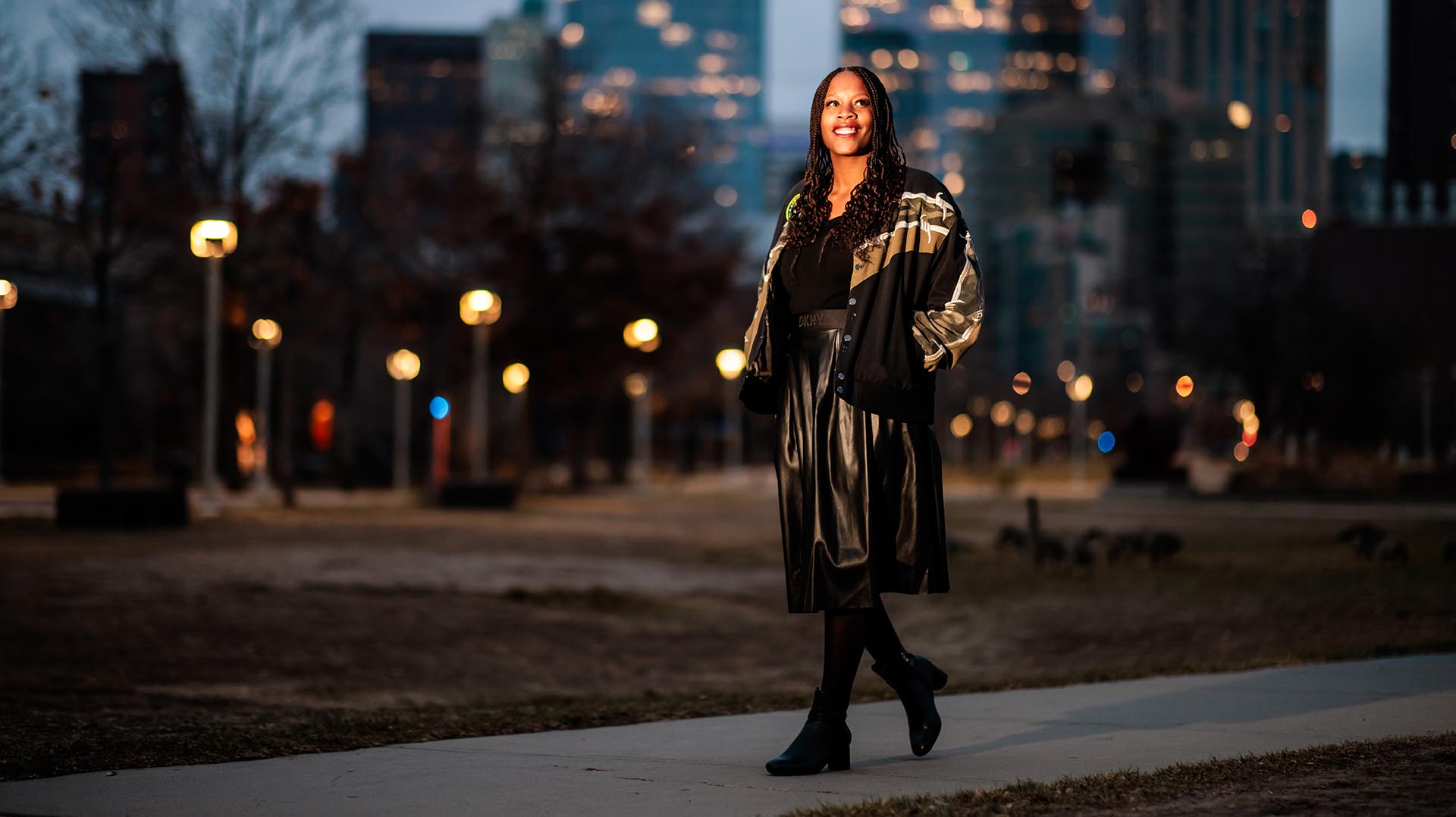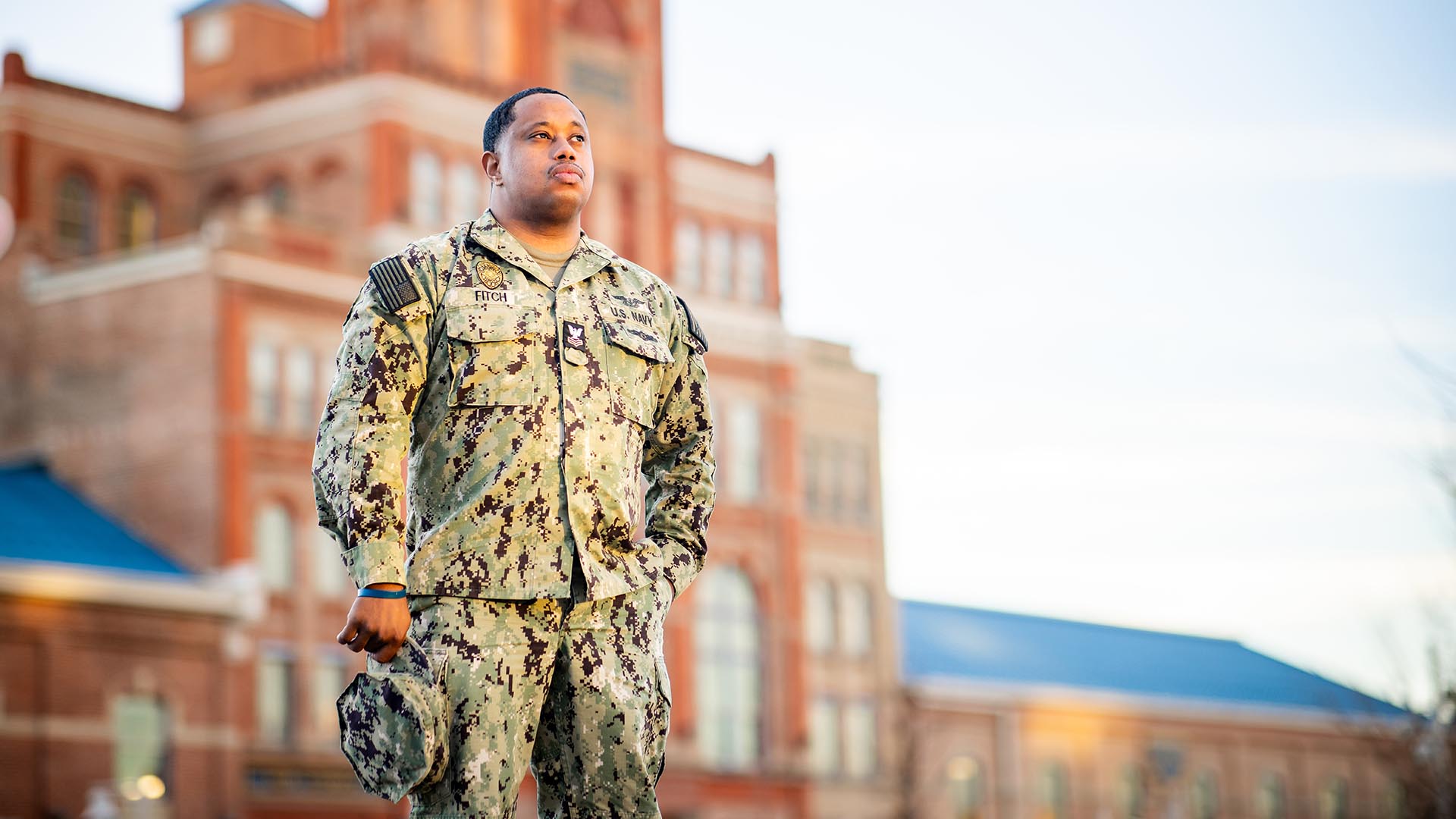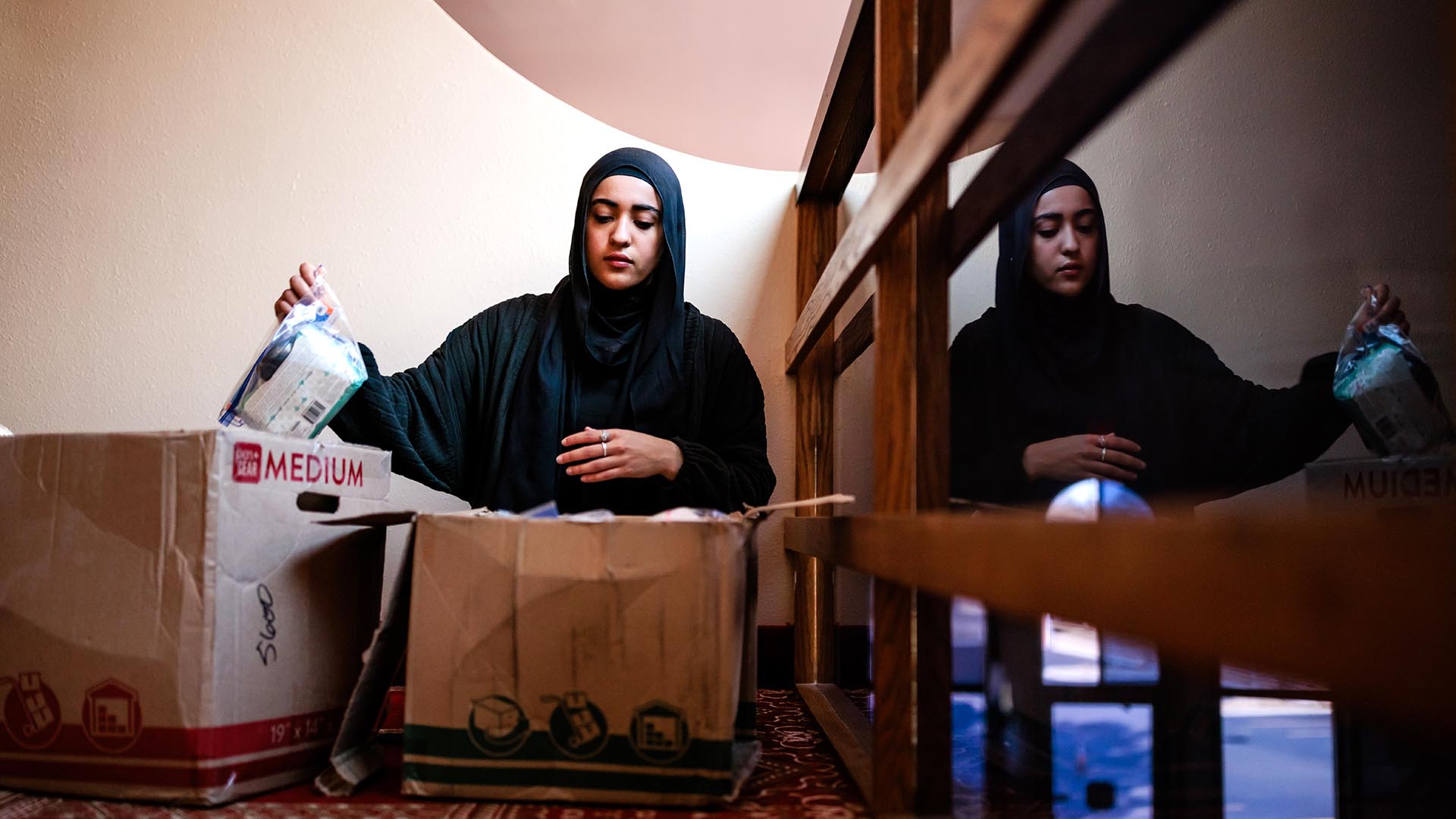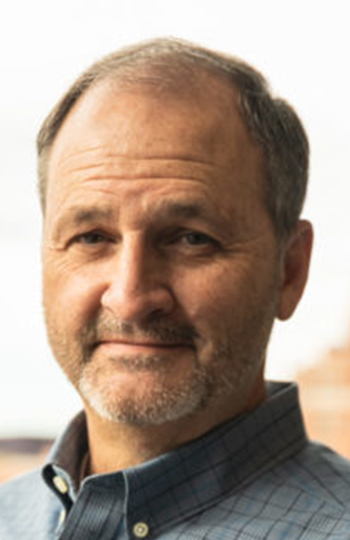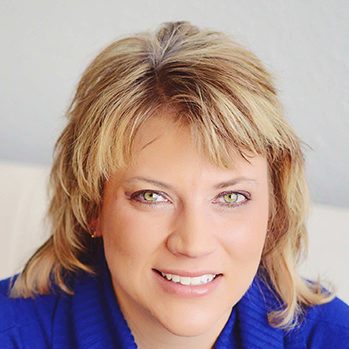University takes safe and steady approach with the return to in-person classes
MSU Denver professors are adapting to new COVID-19 protocols as they head back to the classroom. That hasn't dampened their enthusiasm.
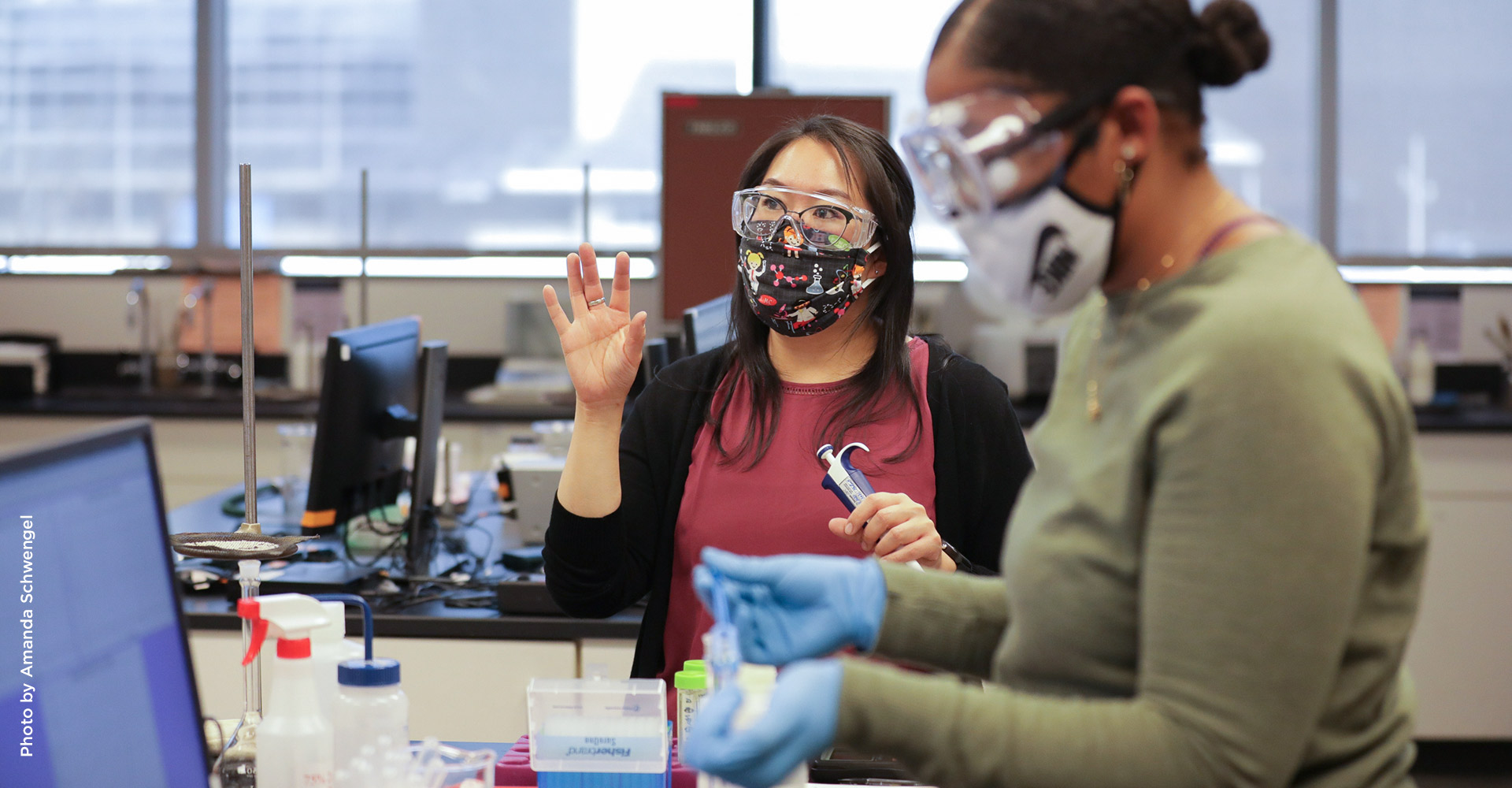
The look of excitement on his students’ faces put a smile on Scott Kerkmans’ own face in October.
It had been months since he had seen students in person, and meeting with them face to face reminded Kerkmans, who coordinates Metropolitan State University of Denver’s Brewery Operations Program, why he chose to teach.
“I felt truly energized, and I know that can help motivate us to get through this,” said Kerkmans, referring to the global pandemic that sidelined in-person classes for much of 2020.

While many MSU Denver courses remained online this fall, about 10% met face to face. University administrators plan to continue that trend next semester with a phased approach. Beginning in January, about 14% of University courses will be held in person. A second phase beginning in March will bring an additional 50 accelerated spring courses back to campus.
University leaders are prepared to adjust plans at any time based on fast-changing public health conditions. Keeping faculty, staff and students safe remains their top priority, they said. But faculty members are also embracing their roles in helping students resume their academic lives.
“Spring went online so abruptly, so it’s been really nice to get a little bit of my old normal back into my schedule,” said Sophia Cherry, Ph.D., general-chemistry laboratory instructor. “We love interacting with students.”
TJ De Cino, Ph.D., assistant professor of Aviation and Aerospace Science, said that he began thinking about how to make face-to-face classes safe shortly after the University closed campus last spring. De Cino, who directs the Aeronautics and Aerospace Systems Lab, then spent weeks developing a detailed protocol for social distancing and hygiene that won praise from deans and facilities-management personnel.
“We feel very good about what we’ve done to make classes happen and to ensure the safety of everyone in our building,” De Cino said. “We have 28 different course sections and 20 faculty members (operating on campus). Plus, the students say they’re glad to be out of the house and back in class.”
De Cino added he has heard positive feedback from staff members, including Chad Kendall, associate professor of Aviation and Aerospace Science.
“I was confident and comfortable with the COVID-19 (safety) protocols and procedures that were put in place,” Kendall said. “I’ve also adapted to personal changes with being on campus, like transportation, limiting time on campus and offering online office hours from home.”

All of the courses to return to campus in fall 2020 have been those that require a hands-on experience to meet Student Learning Objectives, such as those that rely heavily on laboratory or studio time. Large flight simulators and other training equipment fills MSU Denver’s aviation facility, for example.
Likewise, nursing students need hands-on instruction in order to master their clinical skills before seeing actual patients, said Nancy Schoelkopf, coordinator for the nursing-skills lab. While the learning space looks different, and strict safety protocols are in place, instruction is going well, she said.
“We needed to make sure they were able to finish and move forward with their degree without compromising their health,” Schoelkopf said. “We definitely need exceptional nurses now more than ever.”
Kerkmans, who teaches courses in the University’s Hospitality Learning Center, said students felt “odd” at first, returning to a largely empty and quiet campus.
“But they really opened up over the course of the class and started feeling comfortable,” he said, adding that he sees a silver lining in how students – and faculty – have responded to the challenges of 2020 with such resolve.
“After all, being a teacher is more than just telling students information they could have found online,” Kerkmans said. “It’s guiding them through those experiences that transform their lives, and I think this experience could have been just that for our students.”


